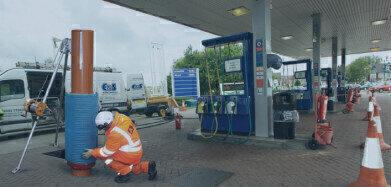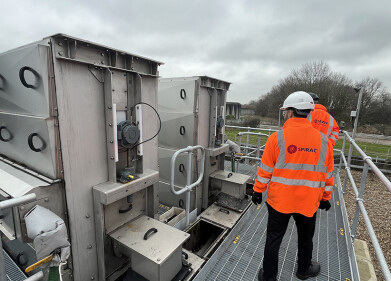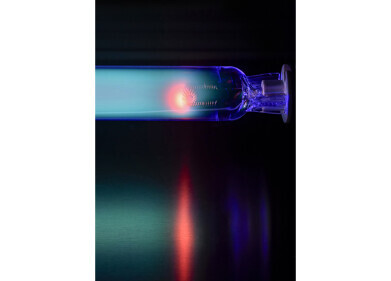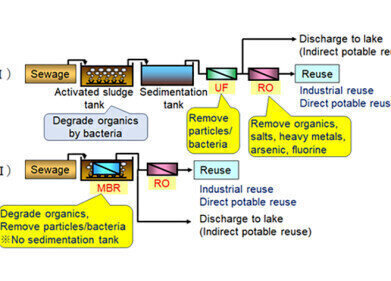Water/Wastewater
The Environmental Consequence of Biofuels
Sep 07 2015
With the ever-increasing pressure to tackle climate change, regulation continues to evolve as governments, environmentalists, lobby groups and businesses all seek to achieve purer waters, clearer skies and cleaner soils.
In a bid to reduce greenhouse gases, and improve sustainability in our production v consumption of fuels, the EU Renewable Energy Directive (RED) mandate states that by 2020, 10% of the energy from transport fuels should come from renewable sources.
Therefore the UK will need ethanol to constitute 10% of our petrol in future, with this percentage likely to increase further.
Whilst such measures may be welcomed, an unforeseen consequence has occurred as a result of the directive. A consequence Adler and Allan are calling The Biofuel Paradox.
The Biofuel Paradox
The problem lies in the chemistry taking place within the separator that protects fuel spillage and leaks from leaving forecourts and entering the watercourse. Standard fuel separators were designed before biofuels were part of the equation. Based on the science of separation between water and oil, the separator works by retaining floating fuel within the separator and allowing rainwater to pass through the collector and drain away.
However, with the addition of ethanol to the fuel mix the chemistry changes. And with that change harmful BTEX – the lethal contaminants benzene, toluene, ethyl benzene and xylene – are introduced into the water due to the presence of ethanol.
Ethanol has a propensity to join water and disperse within it. The real issue is that the ethanol is followed into the water by the environmentally harmful elements of BTEX into the drainage water and therefore the watercourse.
The Solution
Utilising their innovative technology, Adler and Allan have broken through this paradox with the introduction of the Ethanol Coalescing Filter. Performance tests have validated the efficiency of the filter in reducing Ethanol and BTEX throughput.
The Ethanol Coalescing Filter is an innovative filtration system which enables forecourts to meet pollution guidelines by removing over 90% of all BTEX components.
The Campaign
Find out more about The Biofuel Paradox on our Impact Briefing microsite – The Biofuel Paradox. Visit Adler and Allan's website to find out more.
Events
May 05 2024 Seville, Spain
May 13 2024 Munich, Germany
May 23 2024 Beijing, China
May 23 2024 Beijing, China
Jun 10 2024 Algiers, Algeria













